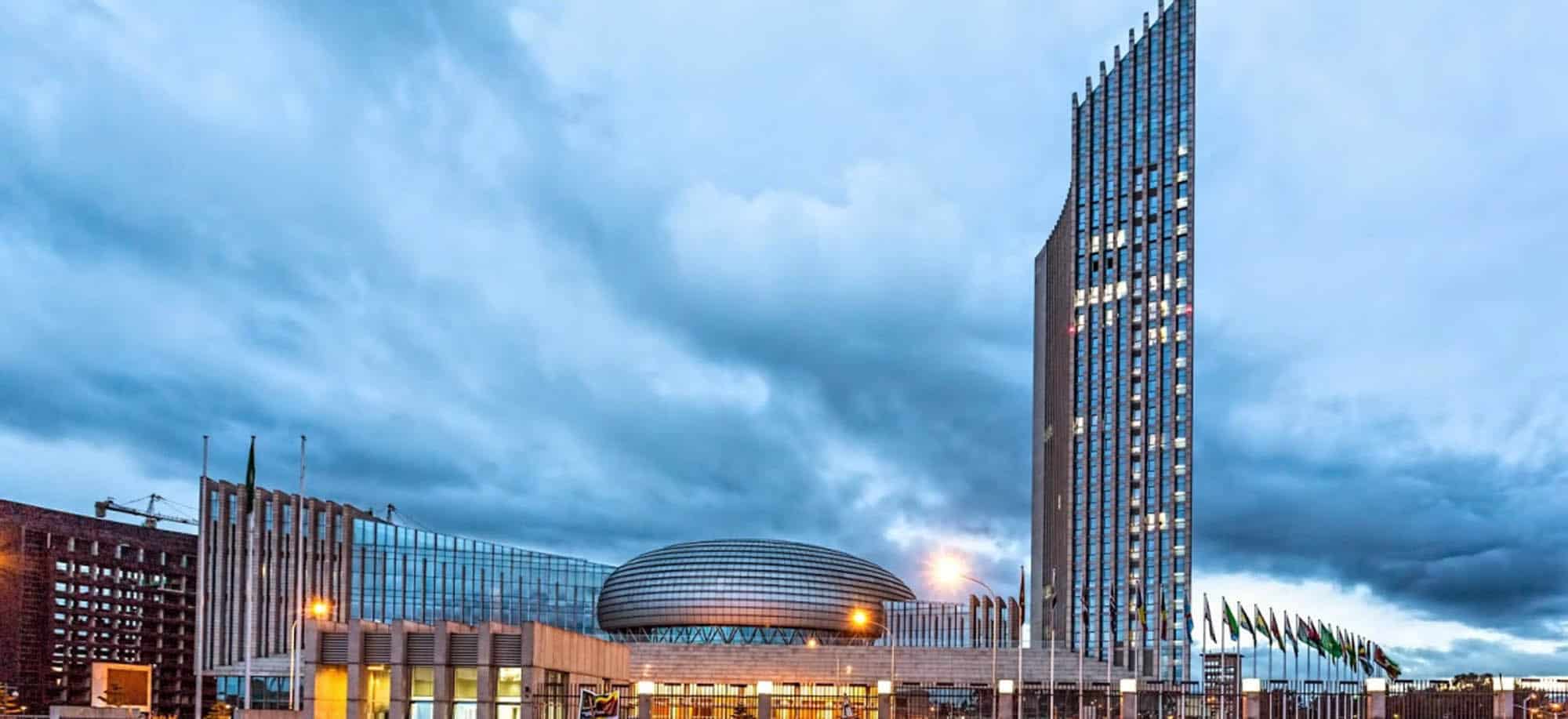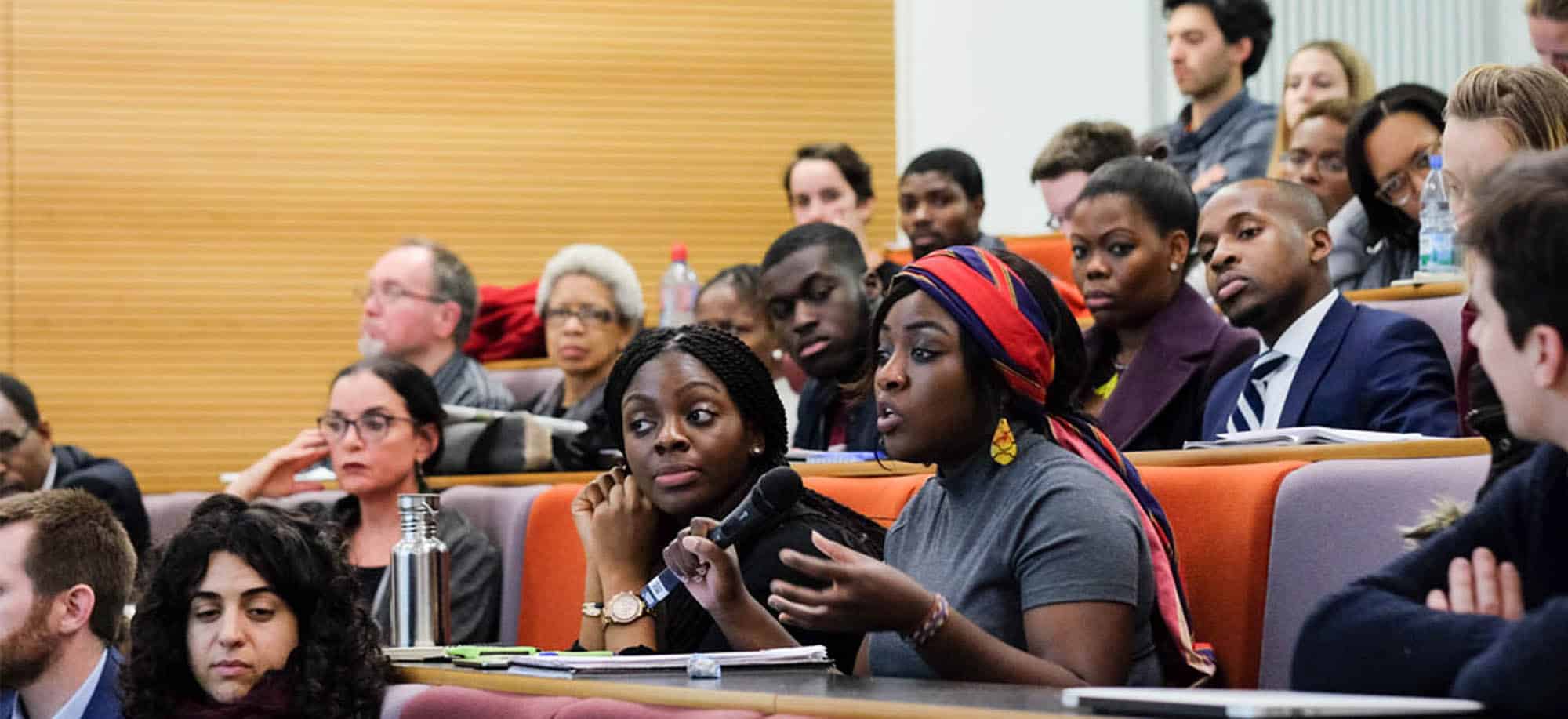We believe in establishing and promoting a system that encourages and enables citizens to collaborate with governments to achieve mutually-defined goals.

African governments mostly have an overwhelming reputation for inefficiency, corruption and poor service delivery.
Citizens routinely demand better from their leaders at all levels, but are often dissatisfied with the outcomes of government policies and processes. Partly because of the low expectation of replacing regimes through elections, and partly because of the wide gulf between citizens and their leaders, public demands and government actions are not always in sync.

African governments mostly have an overwhelming reputation for inefficiency, corruption and poor service delivery.
Citizens routinely demand better from their leaders at all levels, but are often dissatisfied with the outcomes of government policies and processes. Partly because of the low expectation of replacing regimes through elections, and partly because of the wide gulf between citizens and their leaders, public demands and government actions are not always in sync.

Governments are composed of citizens and are owned by citizens. Elected officials are citizens first.
Regardless of the legitimacy of electoral processes, citizens must be engaged and invested in the success of their governments for the benefit of all. All citizens have an obligation to support and enhance the effectiveness of their governments from the local to national levels by setting standards, providing technical support and demanding accountability from leaders.

Governments are composed of citizens and are owned by citizens. Elected officials are citizens first.
Regardless of the legitimacy of electoral processes, citizens must be engaged and invested in the success of their governments for the benefit of all. All citizens have an obligation to support and enhance the effectiveness of their governments from the local to national levels by setting standards, providing technical support and demanding accountability from leaders.

Youth leadership must be founded on more than agitation
Young people in Africa must be awoken to the political and economic realities in their communities, seek to understand efforts being made to enhance quality of life, and complement the efforts of governments by researching, redesigning where necessary and lobbying decision makers to implement tested policy proposals, and constantly evaluating government processes.

Youth leadership must be founded on more than agitation
Young people in Africa must be awoken to the political and economic realities in their communities, seek to understand efforts being made to enhance quality of life, and complement the efforts of governments by researching, redesigning where necessary and lobbying decision makers to implement tested policy proposals, and constantly evaluating government processes.
Our Founding Beliefs

1. ‘Africa Rising’ is not a myth
Even though the gradual transformation of the continent might not always be apparent to observers, and it might be inadequately represented in the media, African citizens are working every day to transform the continent into a desirable place. We are keenly aware of the legacies of inefficient governments and we are determined to correct the errors of the past.

2. Engaged citizens are the centerpiece of democracy
The entire premise of democracy is built on the active engagement of all citizens. African countries will not get very far with part-time citizens; everyone must play an active role in developing sustainable societies by setting credible agenda for elected officials and holding them accountable to their promises.

3. Youth voices are crucial for sustainable development
It is not sufficient for decision makers to consider the implications of government policies on young people (if at all). With the continent’s immense youth population, and as the custodians of the future, young people must be engaged at every level of public policy design and implementation. Youth leadership in Africa must be founded on more than agitation.

4. Pan-African cooperation can unlock unprecedented growth
The history of African civilization points to shared experiences of pain and progress. The future of Africa can equally be defined by shared ideas, ideologies, processes and systems, regardless of borders. By working together and learning from each other, future generations of public sector leaders can help to shape the continent’s future.
